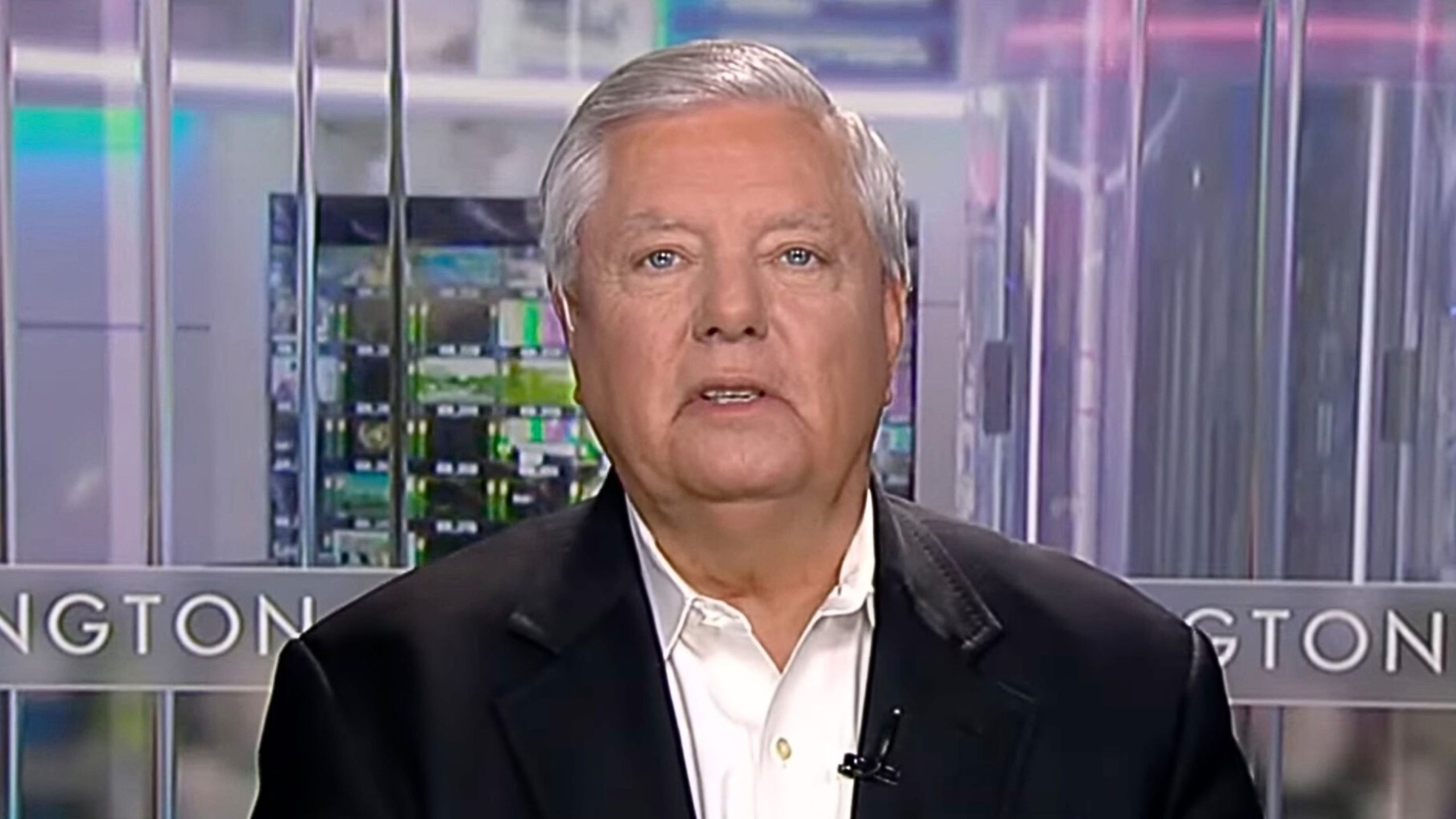Some people find religion after a brush with mortality. Lindsey Graham found the Fourth Amendment after a brush with Jack Smith.
The senator from South Carolina has spent the past two decades helping build the modern surveillance state, and now he’s furious that it turned its cold electronic eye on him.
Federal prosecutors secretly subpoenaed his phone records without his knowledge as part of Special Counsel Smith’s investigation into President Donald Trump’s alleged role in the events of January 6.
Graham says it’s an outrage, a scandal. He’s demanding the impeachment of the federal judge who approved it and threatening to sue someone, though he hasn’t worked out who, for “tens of millions of dollars.”
It’s the kind of melodrama that comes easily to a man who’s never been shy about using the power of the state when it suits him.
This story started last month when FBI Director Kash Patel revealed that phone records of eight Republican senators, including Graham’s, were pulled as part of Smith’s “Arctic Frost” probe.
The data covered January 4 to 7, 2021, and came with gag orders preventing telecom companies from telling the targets they were under the microscope.
“They spied on my phone records as a senator and a private citizen,” Graham complained on Fox News. “I’m sick of it.”
He’s not wrong to be angry. But there’s something deeply comic about Graham discovering his inner civil libertarian only after the dragnet landed on his number.
Graham has been one of the most reliable defenders of the surveillance architecture that is now bothering him.
In 2001, as a House member, he voted for the Patriot Act, the law that kicked open the door for mass data collection. When Edward Snowden revealed that the NSA was collecting Americans’ phone records by the millions, Graham didn’t seem alarmed.
“I’m a Verizon customer. It doesn’t bother me one bit for the NSA to have my phone number,” he famously said. “I’m glad the NSA is trying to find out what the terrorists are up to overseas and in our country.”
He later voted to codify those surveillance powers into Section 702 of the Foreign Intelligence Surveillance Act in 2008 and backed every major reauthorization since.
For most of his career, Graham treated Section 702 like a sacred text.
Whenever colleagues raised the idea of tightening controls or adding warrants for Americans’ data, he waved them off. “We can’t handcuff our intelligence community every time someone gets nervous about civil liberties,” he said in 2017, as if privacy itself were a form of weakness.
In 2017, he supported a bill to make Section 702 permanent, with no sunset clauses or congressional review, a forever license to snoop.
He brushed off critics. “You can’t live in a world where terrorists are trying to attack the country without some way to find out what they’re up to.”
During the 2018 FISA Amendments reauthorization debate, Graham told colleagues, “You need to have the tools to find the terrorists before they hit us again.”
He also took a particular interest in undermining encryption, the very technology that keeps ordinary citizens’ communications secure from government eyes.
To those still wary about domestic abuse, he offered reassurance. “This is about foreign terrorists, not American citizens. It’s about stopping the next attack, not listening to your conversations.”
Graham was already ignoring the fact that 702 was increasingly being used on American citizens, including members of Congress and judges.
By 2020, when the powers came up for renewal once more, Graham was chairing the Judiciary Committee and still treating oversight like a nuisance.
He blocked amendments that would have added warrant requirements and reminded everyone that, in his view, the stakes were existential. “Our intelligence professionals are the last line of defense between us and the next 9/11,” he said. “They need Section 702.”
That was Lindsey Graham, who never imagined his own records could be pulled under those same authorities.
Now, after years of helping build the panopticon, Graham is peering up from the inside of it.
But his statements so far suggest a narrower goal: stopping his data from being collected, not anyone else’s.
He’s still perfectly fine with government surveillance, just not when the target happens to have a Senate office.
For years, Graham’s position on privacy was simple. If you’re not doing anything wrong, you’ve got nothing to worry about. It’s only now, after being reminded that “wrong” is defined by whoever’s holding the subpoena, that he’s learned what the rest of the country figured out long ago.
When the machinery of surveillance turns on its makers, it rarely asks for permission.










